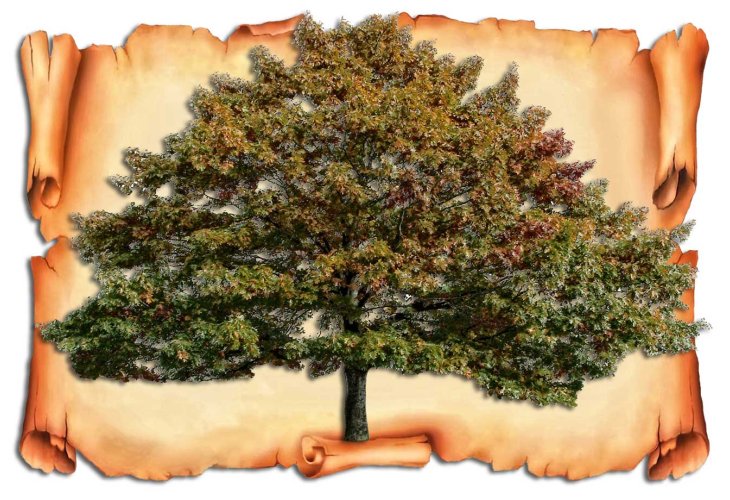Halacha Corner: The Blessing Over Trees
It is permissible to recite the blessing over trees that are within three years of their planting, even though they are orlah and forbidden to benefit from, since they were not planted improperly. All trees in their first three years are forbidden for benefit, so it is permissible to recite the blessing over them.

When one goes out during the month of Nisan and sees trees that are producing flowers, they recite the blessing: "Blessed are You, Hashem our God, King of the universe, who has not left anything lacking in His world, and created in it good creatures and good trees for people to enjoy," and women should also recite the blessing over trees.
Our Sages established this blessing because the blossoming of trees is something that occurs periodically in a renewed manner, as one sees dry trees that Hashem has caused to bloom, and this blessing should only be recited once a year and no more.
In the words of our Sages who established the blessing over trees, it is mentioned that the appropriate time for the blessing is during the month of Nisan, as that is when trees typically bloom and produce buds. However, in the United States, there is an issue in some years when trees have not yet begun to bloom in Nisan, raising the question of whether one can recite the blessing in the month of Iyar.
The Sefer Ha-Eshkol wrote that one should recite the blessing over trees in Nisan, but not necessarily only in Nisan; rather, when one sees flowers for the first time in the year. Similarly, the Ritva wrote in his commentary: "The days of Nisan are not specific, but each place according to when the trees bloom." Many other authorities have written the same, and therefore it is permissible to recite the blessing over trees in each place according to the time of their flowering, as there is no special law requiring it to be in Nisan specifically, but rather during the spring blossoming, which generally occurs in the month of Nisan.
If the flowering has already ended, and fruits have begun to appear on the tree, one cannot recite the blessing over trees. Even if fruits have not yet grown but the flowers have already fallen, one cannot recite the blessing, because the blessing is only for the flowering of the trees, which specifically refers to the emergence of the flower. Nevertheless, if a tree has begun to grow some of its fruits but still has flowers and buds, one may recite the blessing over it.
The blessing over trees should only be recited over fruit trees, but not over non-fruit-bearing trees that do not produce fruits. However, if one mistakenly recited the blessing over non-fruit-bearing trees, they should not recite it again when seeing flowering fruit trees.
One should only recite the blessing when seeing at least two trees, and it is sufficient according to the law even with two trees of the same species. One who recites the blessing over many different types of trees is praiseworthy.
It is permissible to recite the blessing over trees that are within three years of their planting, even though they are orlah and forbidden to benefit from, since they were not planted improperly. All trees in their first three years are forbidden for benefit, so it is permissible to recite the blessing over them.
Rulings of Rabbi Ovadia Yosef shlit"a courtesy of the "Daily Halacha" website
To subscribe to the Daily Halacha email:www.halachayomit.co.il
Is it permissible to recite the blessing over trees on Shabbat? For the answer click here, and also see here.

